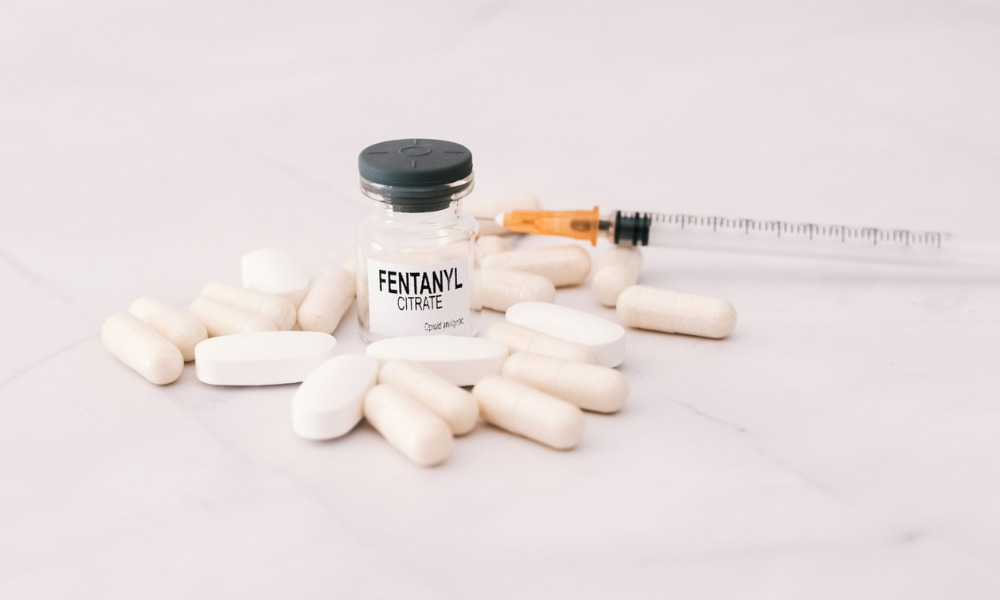Regular drug rehab sessions do not last forever. After completing medical detox, they usually continue for a period of months. Most of a client’s time in medical detox and subsequent addiction treatment is spent on the individual acquiring tools that will aid in long-term abstinence. Individuals must know that the road to recovery does not end after completing a full course of addiction treatment. Substance use problems cannot be completely cured by detox and addiction therapy. Maintaining abstinence and learning to control potentially addictive thoughts and actions are lifelong challenges for every individual. Here are some suggestions about what to do after completing a medical detox.
What To Do After Completing Medical Detox.
- Make new and sober friends.
Addiction is often a learned behavior, and research shows that pressure among peers is a major factor in the initiation and maintenance of substance abuse, especially among adolescents. Spending time with drug advocates (such as parents or siblings) increases the likelihood that a teen would experiment with drugs themselves. The adult population goes through the same thing. Maintaining connections that were formed while you were still using drugs after you return to your life after completing an addiction treatment program may be challenging. It is often recommended that you make some new sober pals.
- Keep attending support group meetings and follow-up appointments.
The level of care provided to each patient gradually decreases as time goes on. Support group sessions with counselors are scheduled after the main program has ended. Attending support group meetings may be more helpful than keeping up with follow-up visits in terms of helping in coping with the difficulties of maintaining sober in everyday life. Participation in support groups like Alcoholics Anonymous (AA) is a standard part of recovery. The sense of community fostered by these gatherings aids participants in staying sober and coping with life’s obstacles.
- Prioritize your mental health care.
Going back to your former routine after completing a drug or alcohol rehabilitation program may be quite stressful, particularly if you feel strong cravings for your substance. A relapse may occur if negative feelings are allowed to accumulate to an unhealthy degree. It’s crucial to make time every day to do something good for yourself. For example, you may find that you have more mental calm throughout the day if you take a few minutes each morning to meditate. You may also feel healthier and more in command of your life by engaging in physical activity, such as working out or doing household tasks.
- Changing your environment if need be.
Just like returning to your old pals, returning to your former home or neighborhood may bring a host of temptations and challenges. The places you frequent may trigger unpleasant thoughts and actions associated with your drug use history. Moving to a new location and starting over might be challenging, but it’s important if you want to keep your sober lifestyle.
- Be on the lookout for the relapse signs.
Addiction is a disease, not a choice. Relapse occurs in up to 60% of those in recovery from addiction. A single relapse does not diminish an individual’s ability to recover from an addiction treatment program. It is important to recognize not only your triggers but also the relapse signs. One should seek immediate help if one recognizes the relapse signs.
Skyward Treatment Center Offers a One-of-a-Kind Addiction Treatment.
Are you in Houston, Texas, and are wondering where you can get the best medical detox or any other addiction treatment option? Worry no more! Skyward Treatment Center is a rehab facility in Houston with an experience of over a decade. Our former clients can attest to the kind of services that we offer. Contact Skyward for any queries regarding addiction treatment.

